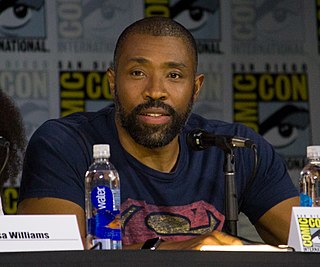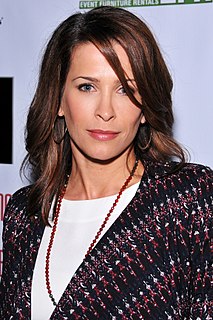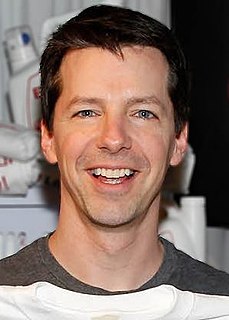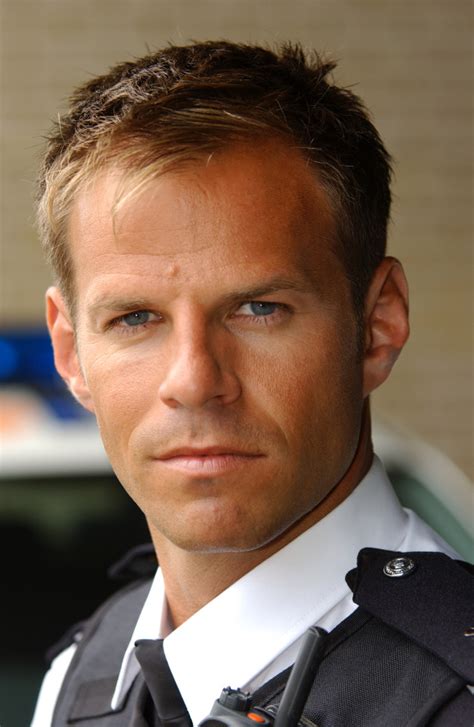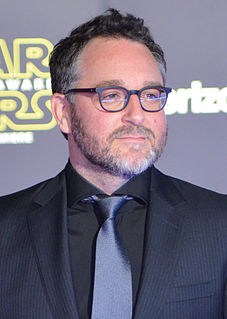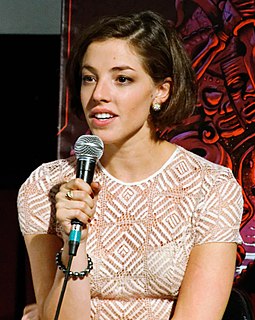A Quote by Karl Urban
A lot of the ancient Norse myths and legends are the basis of a lot of the sci-fi, fantasy films out there. Telling these stories in a contemporary medium, it's all good.
Related Quotes
Growing up, I didn't really read a lot of comics; we didn't really have the money to get them. But I grew up a universal fan of fantasy and sci-fi and watching a lot of TV. There's always this question of 'Are you a fan of sci-fi or fantasy?' But can't you be a fan of both? We love everything fantasy, my wife and I.
It was Sci-Fi and fantasy that got me reading, and Sci-Fi writers in particular have pack rat minds. They introduce all sorts of interesting themes and ideas into their books, and so for me it was a short leap to go from the fantasy and Sci-Fi genres to folklore, mythology, ancient history and philosophy. I did not read philosophy because I set out to become a philosopher; I read it because it looked interesting.
As we were developing 'Umbral', and I was delving into the mythology and legends, I had a sudden realisation. 'Wasteland' is about people who fervently believe new myths and legends, but they turn out to be false; whereas 'Umbral' is about people who reject ancient myths and legends, but they turn out to be true!
I don't think I'm the world's most die-hard sci-fi fan, but I definitely grew up watching 'Star Trek' religiously - all of them: the original, 'Next Generation,' 'Deep Space Nine,' 'Voyager.' I think sci-fi has an important place in the cinema world. Fantasy is a big part of why films actually exist.

